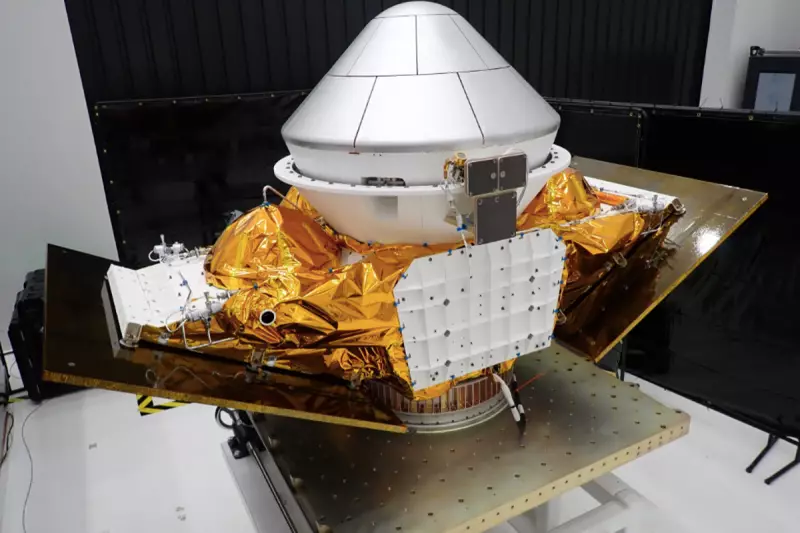
Scientists are turning to the final frontier in a bold quest to find a cure for motor neurone disease (MND). Orbiting laboratories in space, which leverage the unique conditions of microgravity and intense cosmic radiation, are believed to hold the key to dramatically accelerating research into this incurable condition.
The Science Behind Space-Based Research
Pharmaceutical companies are now heavily investing in this celestial approach. Research is already underway on the International Space Station, while other firms are developing their own unmanned orbital factories. The core scientific principle is that the space environment induces rapid cellular ageing, a process that is incredibly difficult to replicate faithfully in Earth-based labs.
This accelerated ageing allows researchers to observe what would typically be decades of cellular wear and tear in a matter of days. This provides an unprecedented window into the deterioration of cells, offering vital clues about the progression of MND and potential pathways for effective treatments.
A Leading Voice in the Field
Leading this innovative charge is Professor Alysson Muotri, who is set to present groundbreaking research on the topic. His work focuses on how space-induced neural senescence can be used in conjunction with brain organoids—miniature, simplified versions of brains grown in a lab—to create accurate models of MND.
Professor Muotri has expressed great optimism, suggesting that this method of research could significantly compress the timeline needed to understand the complex mechanisms of MND. He has gone so far as to state that a cure is now "very likely" because space provides the age-relevant human models that have been so elusive for scientists on Earth.
Hope for Patients
The human impact of this research is profound. MND is a devastating disease that progressively damages the nervous system. In one poignant example, the condition left a woman named Sarah without her natural voice, though she now uses an AI-generated one. Stories like hers underscore the urgent need for the breakthroughs that space-based research could deliver.
By harnessing the extreme environment of space, scientists are opening a new chapter in medical science, one that brings fresh hope to the thousands of people affected by motor neurone disease across the UK and around the world.






